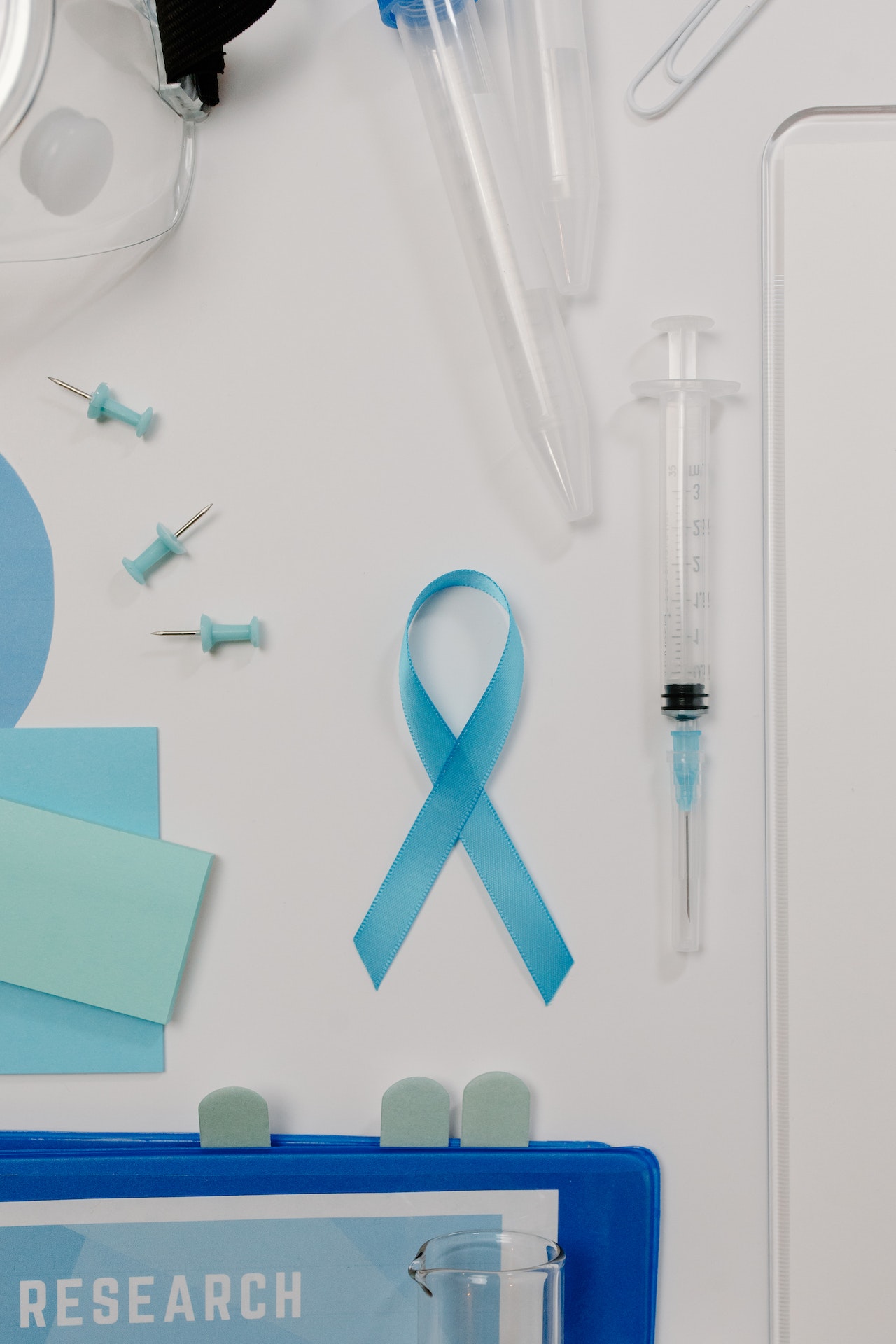While some campfire stories are scary, I hope mine had the opposite effect.
In 2001, I spent over three months biking across the country to raise awareness about prostate cancer. My wife was my support team, following in a car while I pedaled along. In the evenings, we’d stay at campgrounds, letting people know about our cause, sitting around the campfire and sharing stories about my experience.
I was diagnosed with prostate cancer in August of 1998, and I had a radical prostatectomy. At the time, I didn’t know much about the disease, but I made sure I learned. I started talking in support groups, first as a patient, and later, as a survivor and mentor to others going through it. What I learned talking to prostate cancer patients like myself was that we need to do a better job of speaking up for ourselves.
If I could pass along one piece of advice for someone going through what I did, it would be, “become informed.” In retrospect, I wasn’t. Perhaps I didn’t need surgery, but at the time, it was the course recommended to me.
I would encourage anyone faced with a cancer diagnosis to check out support groups, get another doctor’s opinion, and make an informed decision about what to do with your body.
The search for greater knowledge is how I became an advocate for both prostate cancer awareness and research funding.
I began working with an organization called the National Prostate Cancer Coalition, which is now Zero—The End of Prostate Cancer. That’s when I got the idea to do a transcontinental bike ride to raise awareness. I think we managed to educate a lot of people, but I recognized a real need for more prostate cancer research that focuses on the concerns of the patients.
That’s what brought me to the Patient-Centered Outcomes Research Institute, or PCORI. I was drawn to it because of its emphasis on the patient-centered aspect. That’s not necessarily true of all prostate cancer research.
I started out taking part in the review process for research applications. I worked my way to becoming a mentor for other reviewers.
I found PCORI’s process interesting because they believe that patients should be involved from the get-go, defining the research as well as going through it. In general, I have found that scientists are appreciative of consumers being involved in the process, I’ve had a number of them come up and thank me.
Working with PCORI has been a revelation for me. It’s been a real learning experience. I’m still sharing my story, and talking about the need for more patient involvement in research. I’m just not doing it around a campfire.
Photo credit: pexels




